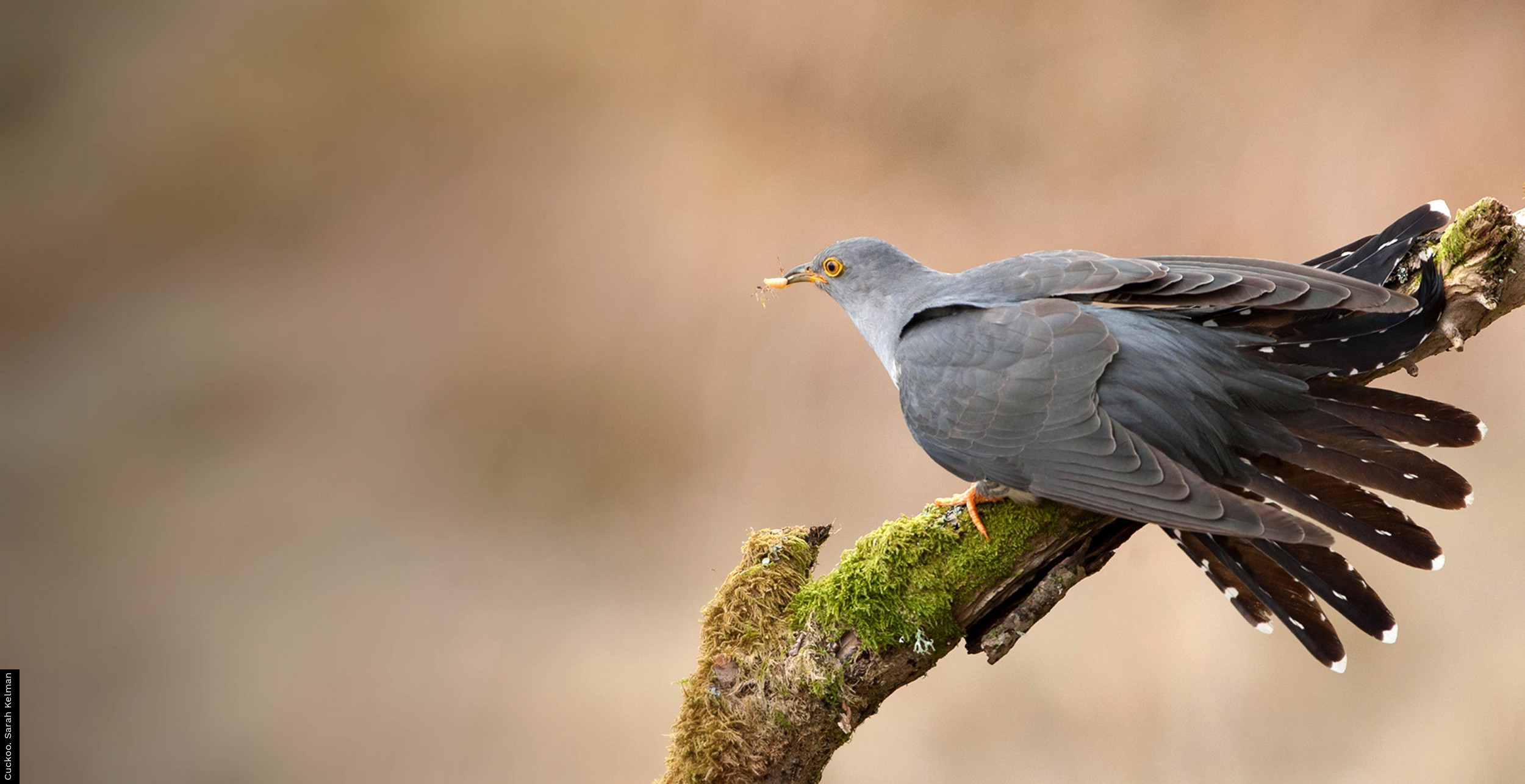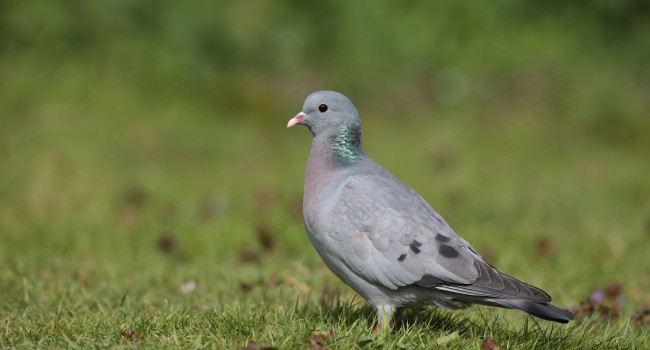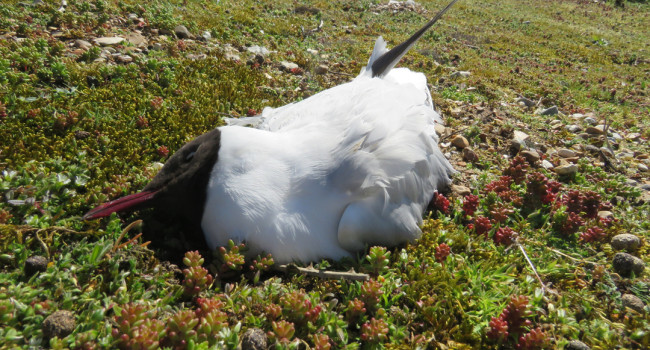Celebrating Chris the Cuckoo
We first tagged Chris the Cuckoo in spring 2011 and followed him until late summer 2015. During this time he amassed huge support from the public and became our most famous Cuckoo. He is the bird that we have been in contact with for the longest time, allowing us to study how different aspects of Cuckoo migration vary year on year. The information learnt from following Chris on his migration will help us to better understand the reasons for the decline of English Cuckoos and inform conservation.
What have we learnt from Chris?
Chris has rewarded the BTO with its highest honour - important new reliable data - and has revolutionised the way we understand migration. And, if he has fallen in action then 'In some corner of a foreign desert that is for ever Cuckoo, there shall be in that gold sand a richer dust concealed'TV Presenter and Naturalist, Chris Packham
- Important stopovers – Chris spent around a month each autumn in the watershed of the River Po, confirming this as a very important fattening site for British Cuckoos. In 2012, however, he missed out the area entirely, carrying out all his fattening in Belgium before heading over the Sahara with no further significant stops en route
- Same outward and return route, initially - In the first two years of the project, Chris followed the same return and outward route through Europe. After that, he switched to return via Spain, showing that a bird's migration routes can change over time.
- Trying to be different? - In the first two winters, Chris was the only bird who went deep into the forest and most of the Cuckoos stayed in mixed forest-savannah mosiacs (habitats). But in his last two winters, whilst the other cuckoos swapped the forest-savannah mosaics for the rainforest, Chris headed off again around Christmas time to Angola, making him our most southerly wintering Cuckoo
- Lucky survivor / tough cookie - in 2013 Chris was the only English Cuckoo to take a more easterly route, travelling through France and Italy before crossing the desert and heading south to his wintering area in Congo. The other three all ventured down through Spain instead, perishing on the way. 2015 is the first time we have seen multiple birds die along the eastern flyway, probably due to the drought in the Po watershed, but despite this & his advancing years Chris was agonisingly close to sanctuary in the Tibesti mountains when his journey came to an end.













Share this page